
Artworks by Chen Chen
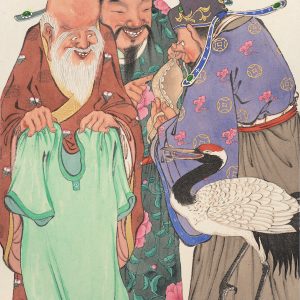
Immortals descend to the earth by Chen Chen
70 x 46cm
Watercolor

Spring Tour by Chen Chen
138 x 34cm
Watercolor
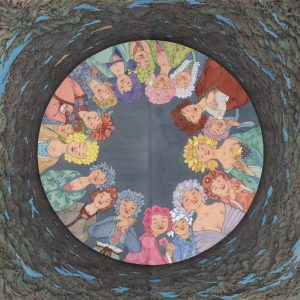
江山美人,镜花水月 by Chen Chen
140 x 140cm
Watercolor
2023
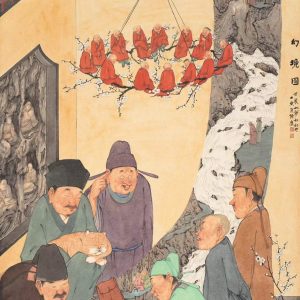
Fairyland by Chen Chen
179 x 97cm
Watercolor
2022
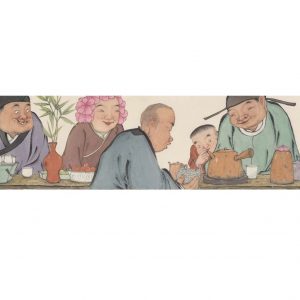
悦聚图 by Chen Chen
93 x 24cm
Watercolor
2023
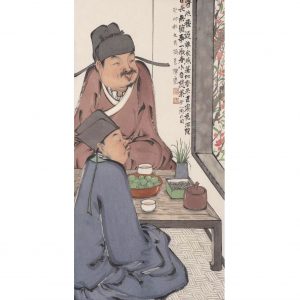
Make Tea to Enjoy Spring Season by Chen Chen
70 x 34cm
Watercolor
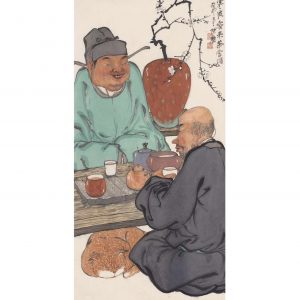
Have Tea in the Winter Night by Chen Chen
70 x 34cm
Watercolor
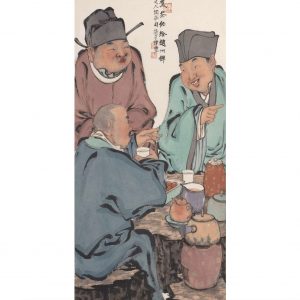
Make Tea for Zhaozhou Chan Master by Chen Chen
70 x 34cm
Watercolor
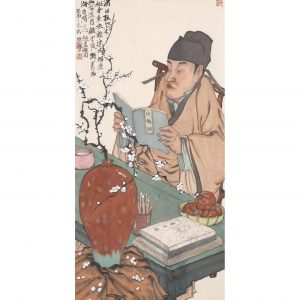
Plum Blossom Ci Poem by Chen Chen
70 x 34cm
Watercolor
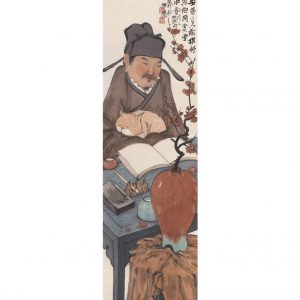
Enjoy Spring Season by Chen Chen
70 x 22cm
Watercolor
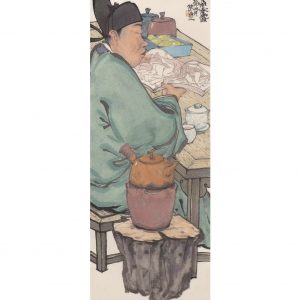
Spring Dew by Chen Chen
64 x 24cm
Watercolor
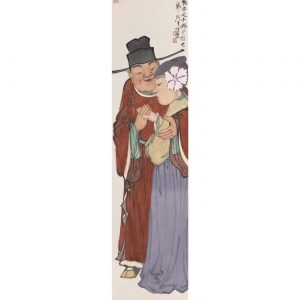
执子之手,与子偕老 by Chen Chen
95 x 24cm
Watercolor
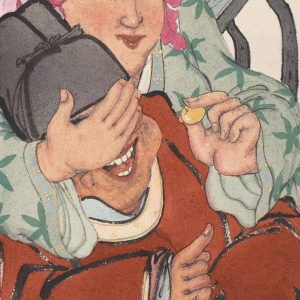
美人 by Chen Chen
95 x 24cm
Watercolor
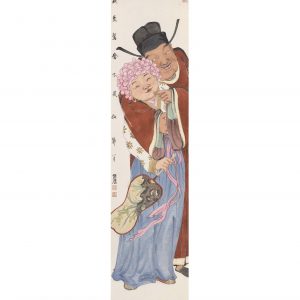
只羡鸳鸯不羡仙 by Chen Chen
95 x 24cm
Watercolor
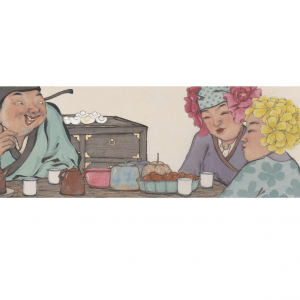
Spring Breeze by Chen Chen
Watercolor
93 x 24cm

